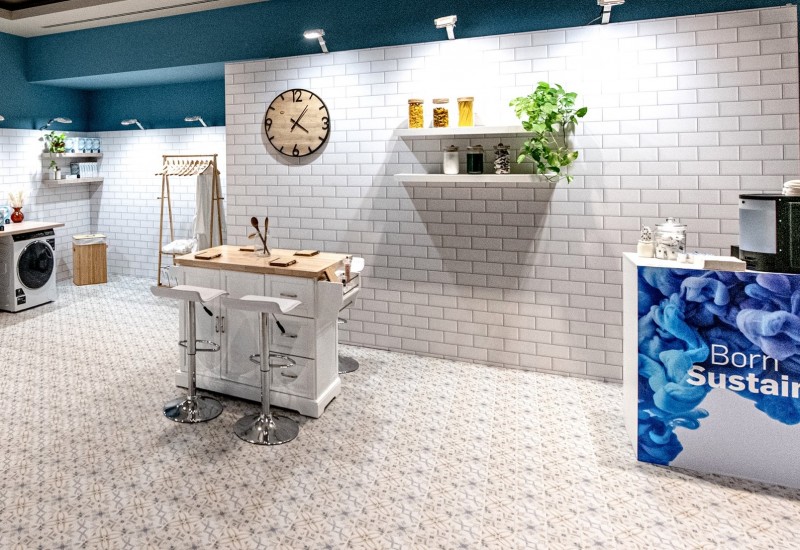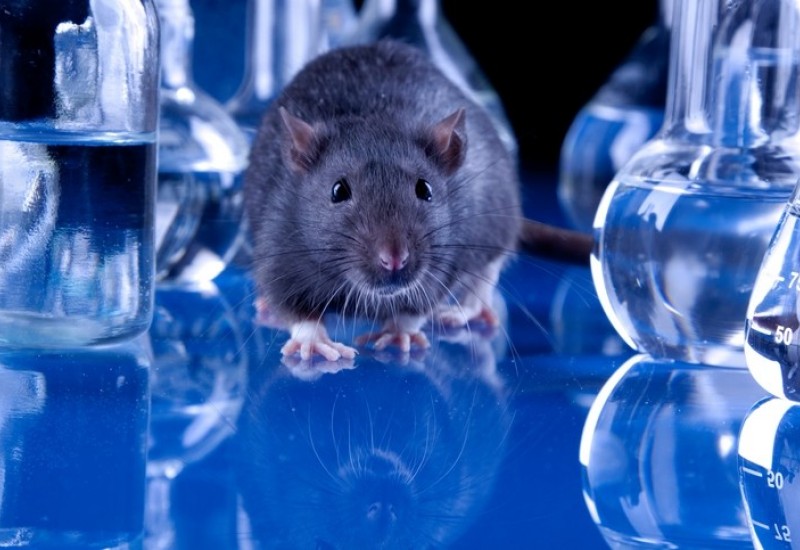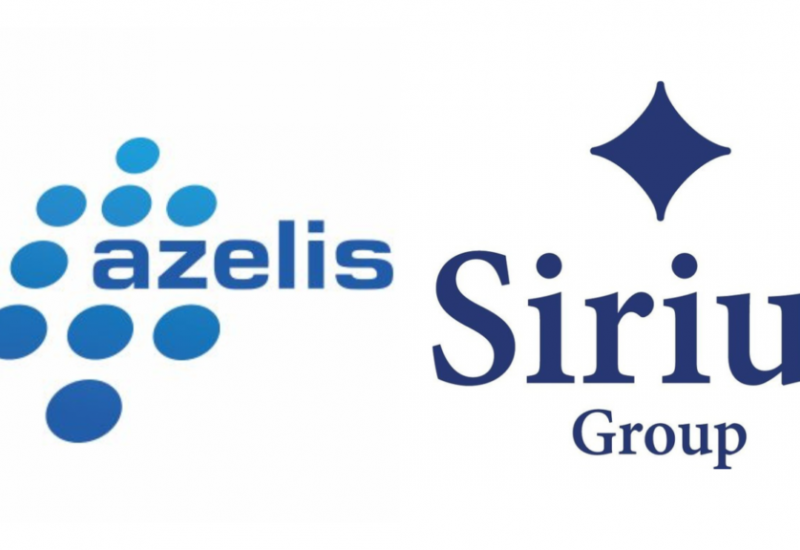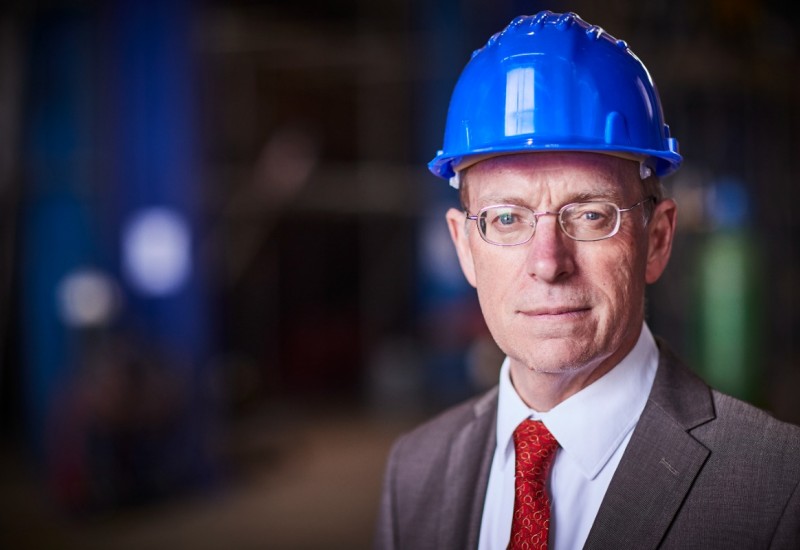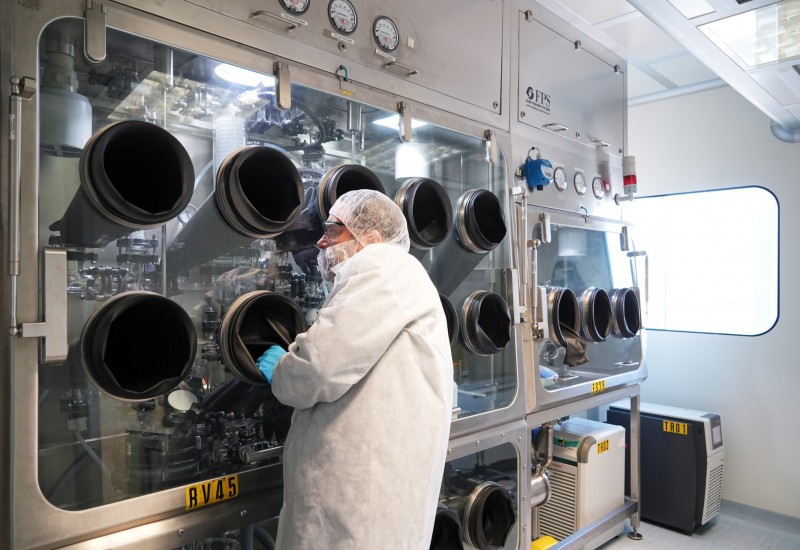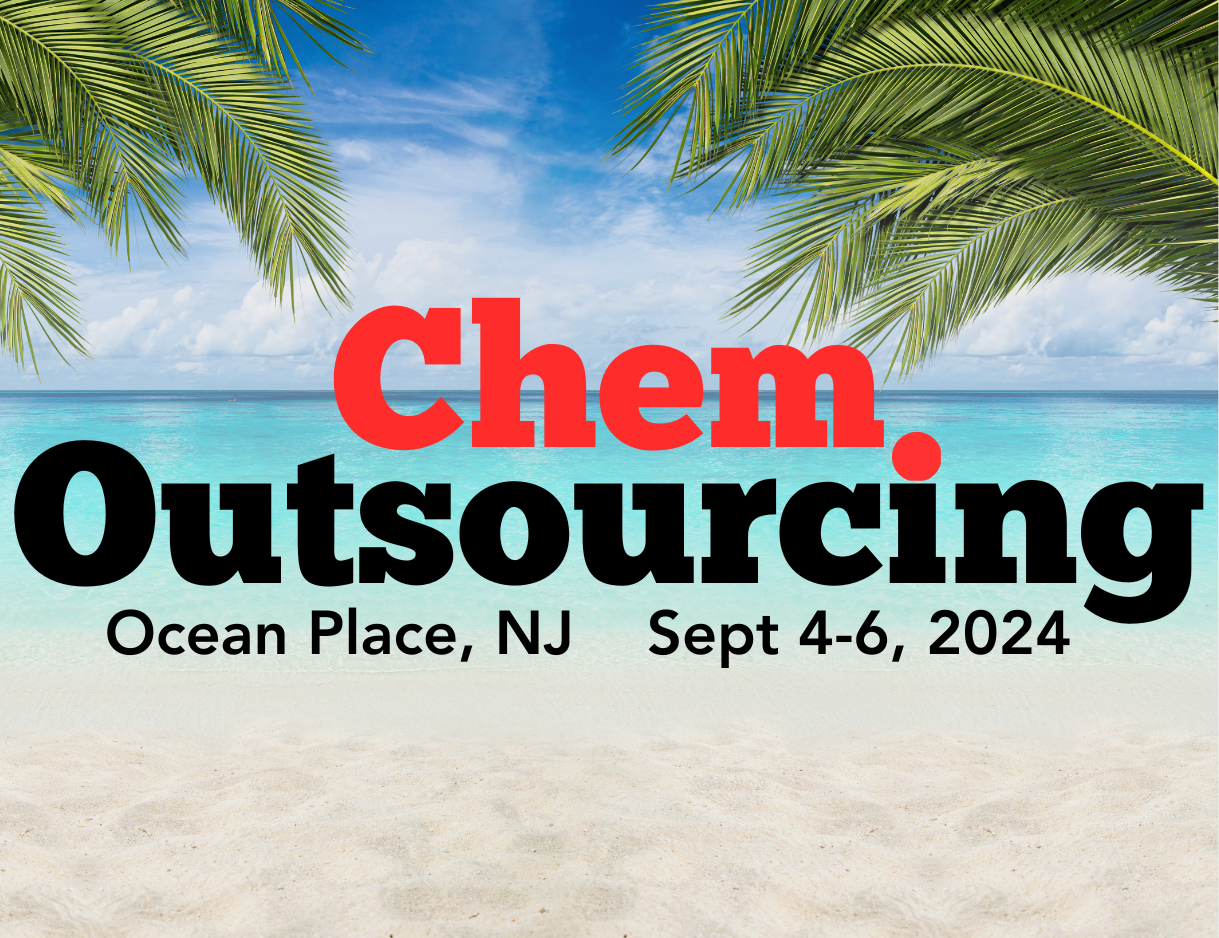Cepsa surfactant ‘has 80% lower carbon footprint’
According to a lifecycle assessment carried out by an independent consultant and verified by a panel of three that was presented at the CESIO World Surfactant Congress in Rome on 5-7 June, the carbon footprint of Cepsa Química’s NextLab facility is 80% lower than that of a traditional linear alkyl benzene (LAB) facility. Greenhouse gas savings are put at 1,320 kg CO2/tonne of LAB produced.



